Marijuana Legalization Will Likely Be Delayed in New York, Florida, and Ohio Until At Least 2021 or 2022
COVID-19 Lockdown Stalled Grassroot Efforts
Among many cannabis aficionados, there is a growing school of thought that state level marijuana legalization is gaining momentum because opposition lawmakers desperately need new tax revenue given the COVID-19 business shutdown. While there are a few states where legalization is a virtual lock this November (hey, New Jersey, we're looking at you!! ) and some surprising states continue to move forward ( Mississippi? ), here are three states where marijuana reform seems less and less likely this year.
New York: 2020 Cannabis Legalization Initiative Is Put on Hold - For Now
April 1 was going to be a historic day for cannabis legislation in the state of New York. But with COVID-19’s growing, devastating impact on the region and mere hours ahead of the budget deadline of March 31, Governor Andrew Cuomo confirmed in a press conference that legalization is on pause — for now.
“Not likely,” Cuomo said when asked if there would be funds allocated to cannabis legalization. “Too much, too little time.”
Cuomo fought for legalization in 2019, as well, but was unable to come to an agreement with lawmakers ahead of the deadline. Still, the momentum was significant enough to shift public opinion, helping to erode long-held cannabis stereotypes. There was also an unresolved debate around social equity and repairing the harm caused by the disproportionate enforcement of cannabis possession laws in New York's communities of color.
The good news is that legalization in New York can be handled by the state legislature and does not have to wait for a statewide vote. If lawmakers can get back to business as usual, it is quite possible that the measure will be a top priority in 2021, especially if New Jersey voters approve their measure first.
Florida: Despite Success, Adult Use Marijuana Legalization Still Needs More Time
After legalizing medical marijuana in 2016, things could not have gone better for the Sunshine State. Estimated 2019 sales soared to $300 million, over 320,000 Floridians held medical cards and the dominant player in the state, Truelieve Cannabis, was operating smartly and efficiently. Even polling showed that 60% of Florida voters supported adult use legalization - just about enough to pass a constitutional amendment.
But then things grinded to a halt. What happened?
Make It Legal Florida, who by January collected 700,000 of the required 766,000 signatures required to place the initiative on the ballot, simply ran out of time as the state imposed a March 1st deadline to validate their petition. The Republican dominated legislature, as well as Attorney General Ashley Moody (R), were never really on board voicing frequent objections to the amendment, while filing a petition with the Florida Supreme Court labeling the language in the measure "misleading".
At best, it looks like Florida's adult use supporters will have to wait until November, 2022.
Ohio: Yesterday's Court Ruling May Spell Doom for The State's Marijuana Legalization Efforts

What a rollercoaster ride it has been in Ohio - and, as of yesterday, Ohio's marijuana legalization efforts are pretty much over.
On March 2nd, reform advocates took the first step toward putting adult use marijuana legalization before November voters. The "Regulate Marijuana Like Alcohol" measure would allow adults 21+ to purchase, posses and cultivate cannabis for personal use, while also including an embarrassingly small social equity provision. Ohio voters soundly defeated a similar measure in 2015.
The Sensible Movement Coalition (SMC), which has been behind more than a dozen successful decriminalization initiatives across the Ohio in recent years, was charged with collecting 443,000 registered voter signatures by the extended July 31st deadline.
Collecting this number of signatures by the deadline was always going to be a daunting task, but when Ohio's "Stay-At-Home" orders were enacted in late March, that task became impossible. On May 19th, the U.S District Court ruled that electronic signatures could be accepted under the circumstances, giving the SMC and Ohio proponents new life.
But then it happened....
Yesterday, June 16th, in what may be the final death knell for Ohio's 2020 decriminalization efforts, the U.S. Circuit Court of Appeals for the Sixth Circuit blocked that decision and now the full court has denied activists a review of the ruling, according to Marijuana Moment.
The SMC says it plans to appeal the decision to the US Supreme Court which may come too late, if at all. Under these circumstances, voters may not get the chance to speak their mind until 2022.
Are you still missing out on The Bluntness newsletter? Sign Up today to stay in the loop.
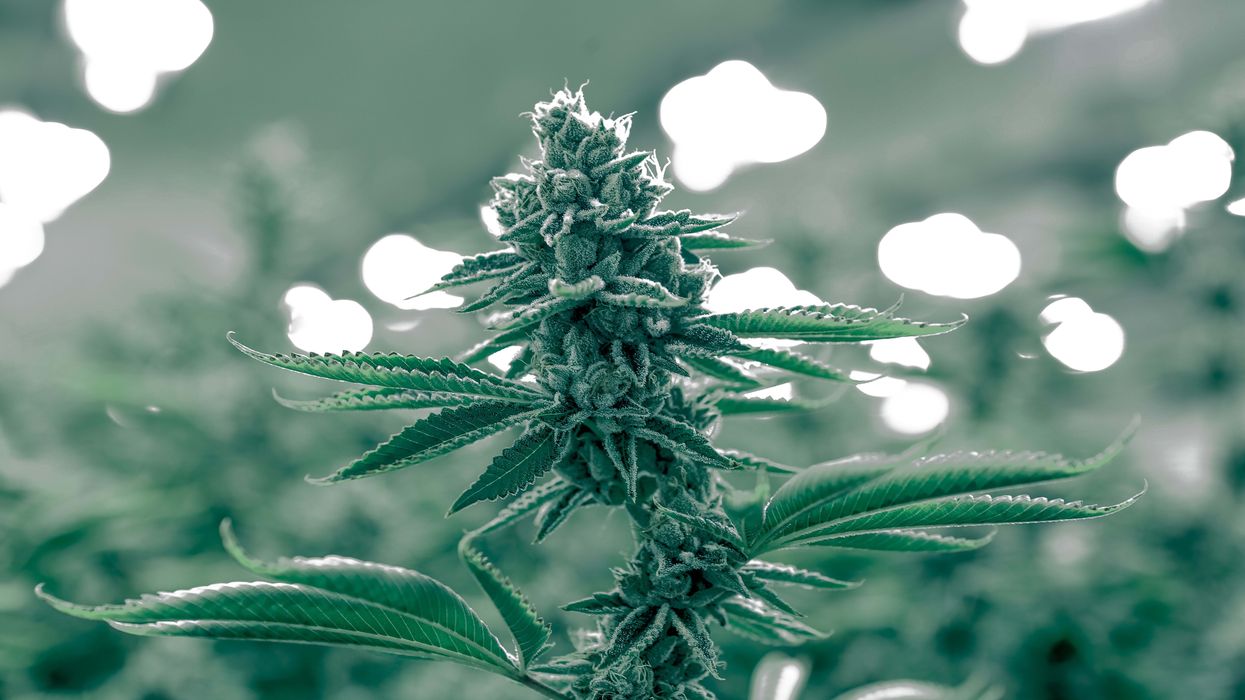












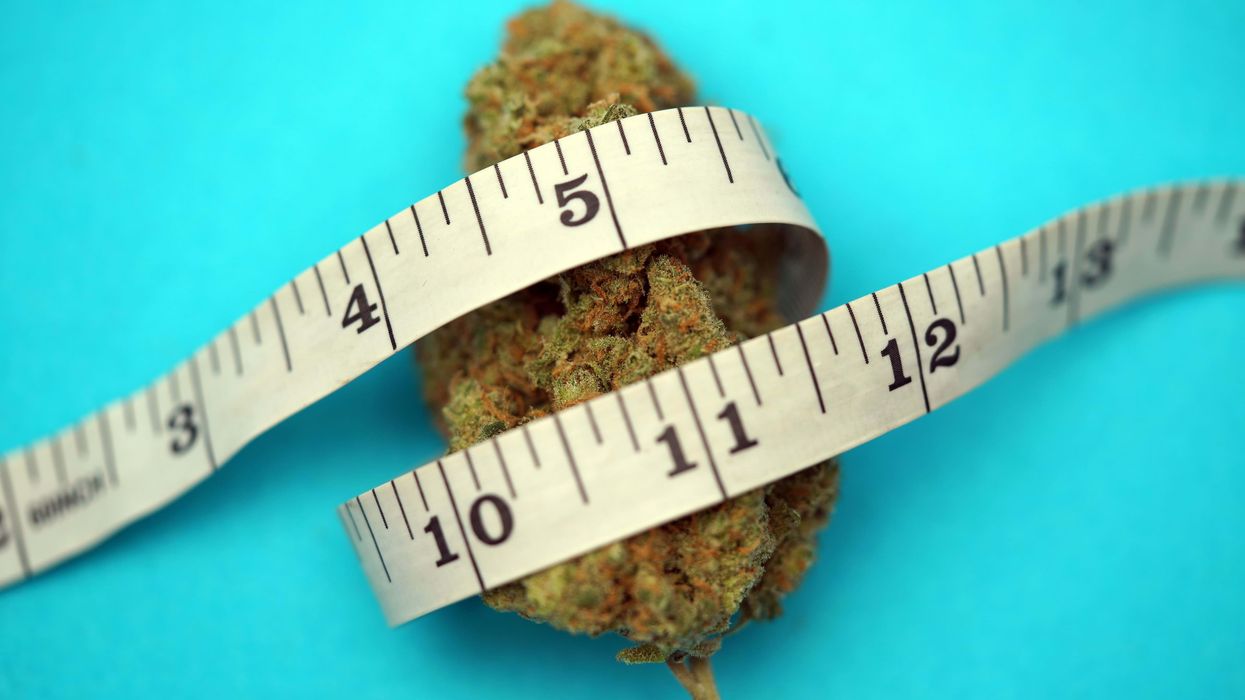

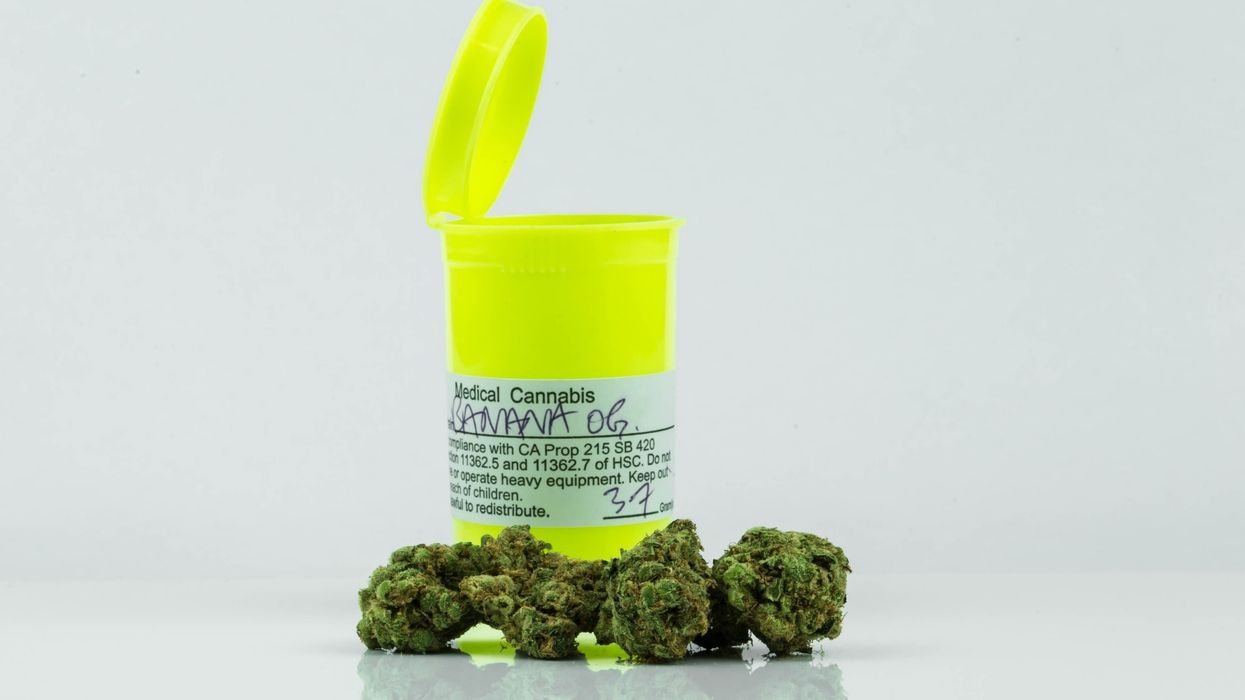
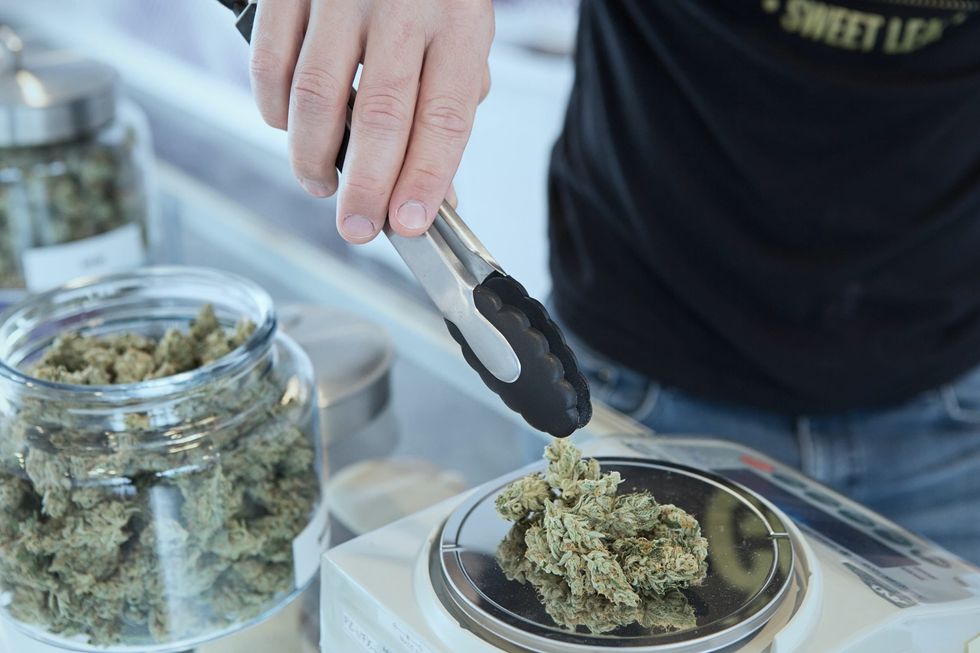 Finding the right cannabis cultivars for you is an important part of the process.Photo by Add Weed on Unsplash
Finding the right cannabis cultivars for you is an important part of the process.Photo by Add Weed on Unsplash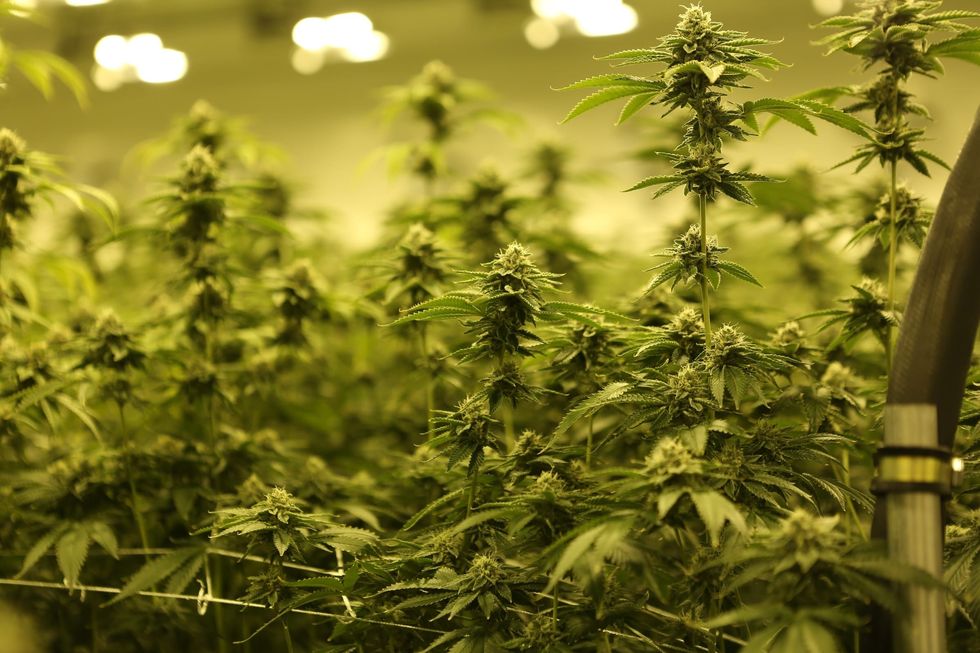 Some people prefer cannabis cultivated indoors. Others prefer sun-grown cannabis. And plenty of folks enjoy both.Photo by Next Green Wave on Unsplash
Some people prefer cannabis cultivated indoors. Others prefer sun-grown cannabis. And plenty of folks enjoy both.Photo by Next Green Wave on Unsplash
 Recognizing the Signs of Antisocial Behaviors - The Bluntness
Photo by
Recognizing the Signs of Antisocial Behaviors - The Bluntness
Photo by  Weed Makes Me Antisocial: What To Do - The Bluntness
Photo by
Weed Makes Me Antisocial: What To Do - The Bluntness
Photo by